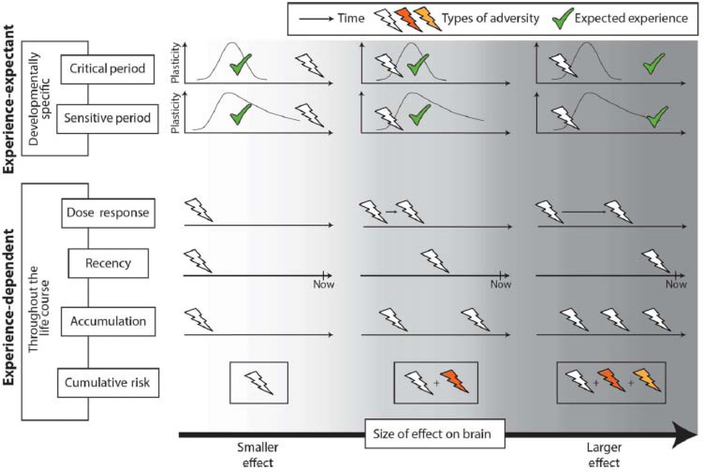Figure 2. Conceptual Models of Environmental Influence on Neurodevelopment.
These models differ in the dimensions of adversity they account for (e.g., duration, timing, number) and the underlying neurobiological mechanisms (i.e., experience-expectant or experience-dependent mechanisms). Adversity may have the most significant, long-lasting effects on the brain when it disrupts or abolishes expected experiences during critical or sensitive periods of development for encoding those experiences (cases at top right of figure). Adapted from [14].

